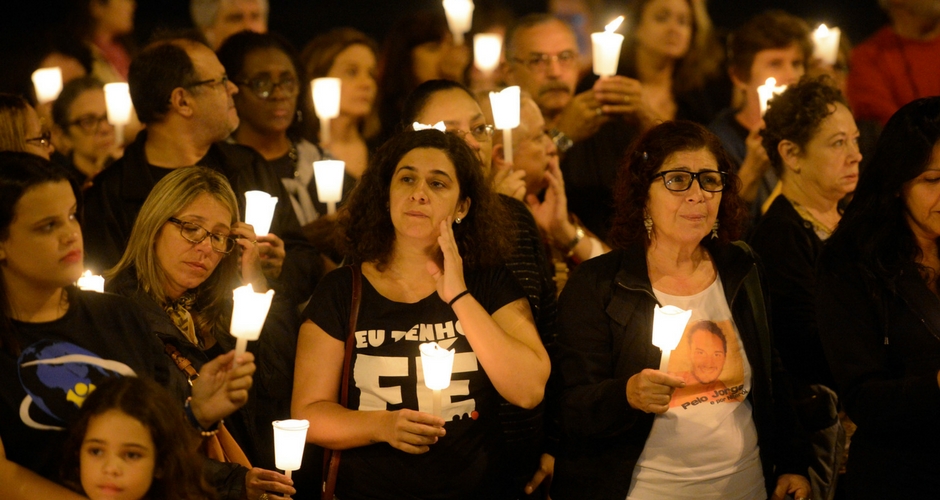Over the course of 2016, Brazil registered 61,619 murders. It’s the highest number in our history, and translates into 7 murders every hour. Another 71,796 went missing. These numbers help illustrate how the Brazilian state has so miserably failed to keep its citizens safe. In Rio de Janeiro, 70 percent of residents want to leave the city to escape everyday violence. Meanwhile, half of those living in metropolitan areas say they are aware of organized crime in their neighborhoods.
Brazil is home to 19 of the world’s 50 most violent cities, according to Mexico City think tank the Citizen Council on Public Security, Justice, and Peace. But the worst part of this news? Brazil has no plans to make the country safer.
To begin with, the Brazilian police don’t properly calculate crime statistics. The most comprehensive data we have is published annually by the non-profit organization Brazilian Forum on Public Safety (FBSP). Meanwhile, authorities still struggle to gather information from all 27 states and find solutions for what has become one of Brazil’s biggest problems.
According to FBSP’s latest report, which was published on Monday, all indicators of public safety grew worse between 2015 and 2016. Meanwhile, investments from authorities (federal, state, municipal) were slashed by 2.6 percent.
“We shouldn’t treat public safety as an ordinary expense, to be slashed according to the economic policy,” says Elissandro Lotin, a FBSP member. He refers to the austerity agenda pushed by President Michel Temer and Finance Minister Henrique Meirelles. Expenditure with public safety (among other areas) has been slashed by 10.3 percent. Despite the escalating violence in Rio de Janeiro, only 1.2 percent of federal funds meant to be used on security issues were actually spent.
Meanwhile, the government authorized 12 billion BRL in projects...


 Search
Search






































